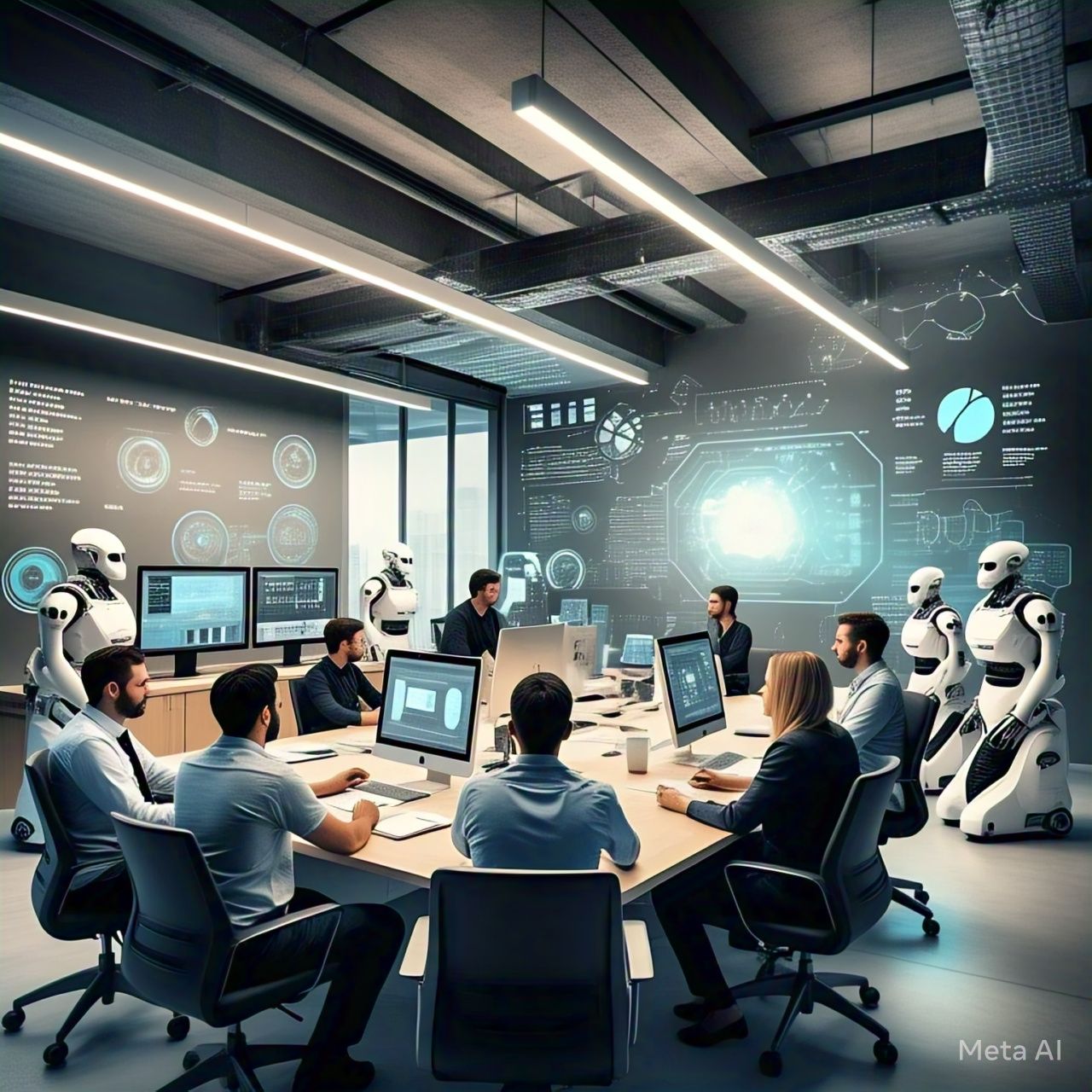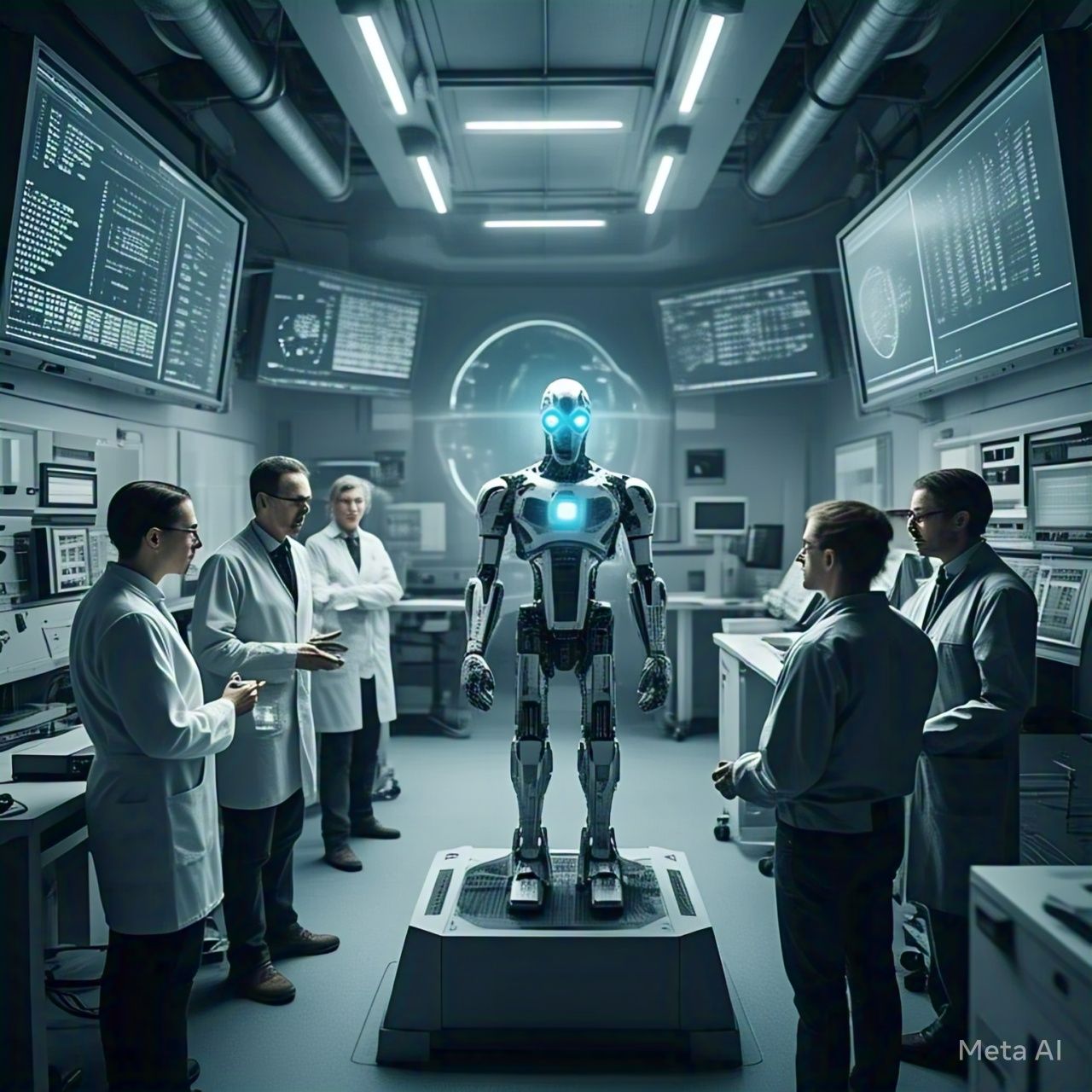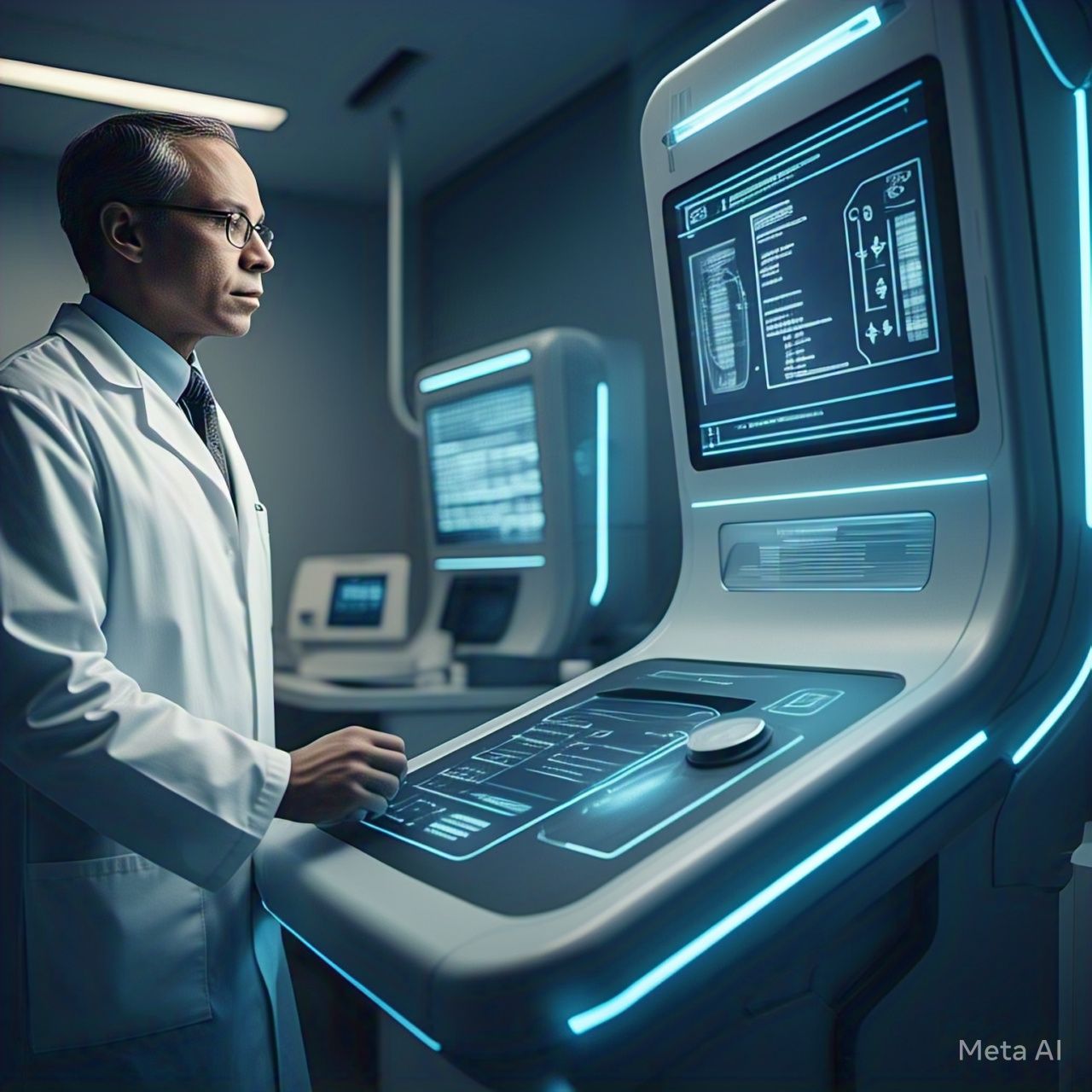Artificial Intelligence (AI) is transforming the way businesses operate, driving automation and efficiency across various industries. From streamlining workflows to enhancing decision-making, AI-powered solutions are enabling organizations to optimize productivity and reduce costs. This article explores how AI is revolutionizing business automation and efficiency.
AI in Business Process Automation
AI-driven automation is eliminating repetitive tasks and allowing employees to focus on more strategic activities. Key areas where AI enhances business processes include:
- Robotic Process Automation (RPA): AI-powered bots handle routine administrative tasks such as data entry, invoice processing, and customer service queries.
- Smart Document Processing: AI extracts and processes data from documents, reducing manual efforts and improving accuracy.
- Automated Workflows: AI-driven automation tools streamline business operations by integrating multiple processes and improving efficiency.
AI in Decision-Making and Data Analysis
AI empowers businesses with data-driven insights, enabling better decision-making and strategic planning.
- Predictive Analytics: AI analyzes historical data to forecast trends and optimize business strategies.
- Business Intelligence (BI): AI-powered BI tools provide real-time analytics and actionable insights.
- Market Research: AI processes vast amounts of market data to identify emerging trends and customer preferences.
AI in Customer Service and Engagement
AI is enhancing customer experiences through personalized interactions and instant support.
- Chatbots and Virtual Assistants: AI-powered chatbots handle customer inquiries, providing quick and efficient responses.
- Sentiment Analysis: AI monitors customer feedback and social media interactions to gauge brand perception.
- Personalized Recommendations: AI tailors product and service recommendations based on customer behavior.
AI in Supply Chain and Logistics
AI optimizes supply chain operations, improving efficiency and reducing costs.
- Demand Forecasting: AI predicts inventory needs, minimizing shortages and overstocking.
- Route Optimization: AI-powered logistics solutions optimize delivery routes, reducing fuel consumption and delays.
- Automated Warehouses: AI-driven robots enhance warehouse management, improving inventory tracking and order fulfillment.
AI in Human Resources and Workforce Management
AI is streamlining HR processes, enhancing recruitment, and improving employee productivity.
- AI-Powered Recruitment: AI screens resumes, shortlists candidates, and automates interview scheduling.
- Employee Performance Analytics: AI analyzes employee performance and suggests personalized development plans.
- Workforce Planning: AI predicts staffing needs, optimizing workforce management.
The Future of AI in Business Automation
As AI technology continues to evolve, its role in business automation will expand further. Businesses that embrace AI-driven automation will gain a competitive edge, improving efficiency and innovation. However, ethical considerations, such as data privacy and workforce adaptation, must be addressed to ensure responsible AI implementation.
Conclusion
AI is revolutionizing business automation by enhancing efficiency, improving decision-making, and optimizing workflows. From customer service to supply chain management, AI-driven solutions are reshaping industries and driving business success. As AI adoption continues to grow, organizations that leverage its potential will thrive in the evolving digital landscape.




